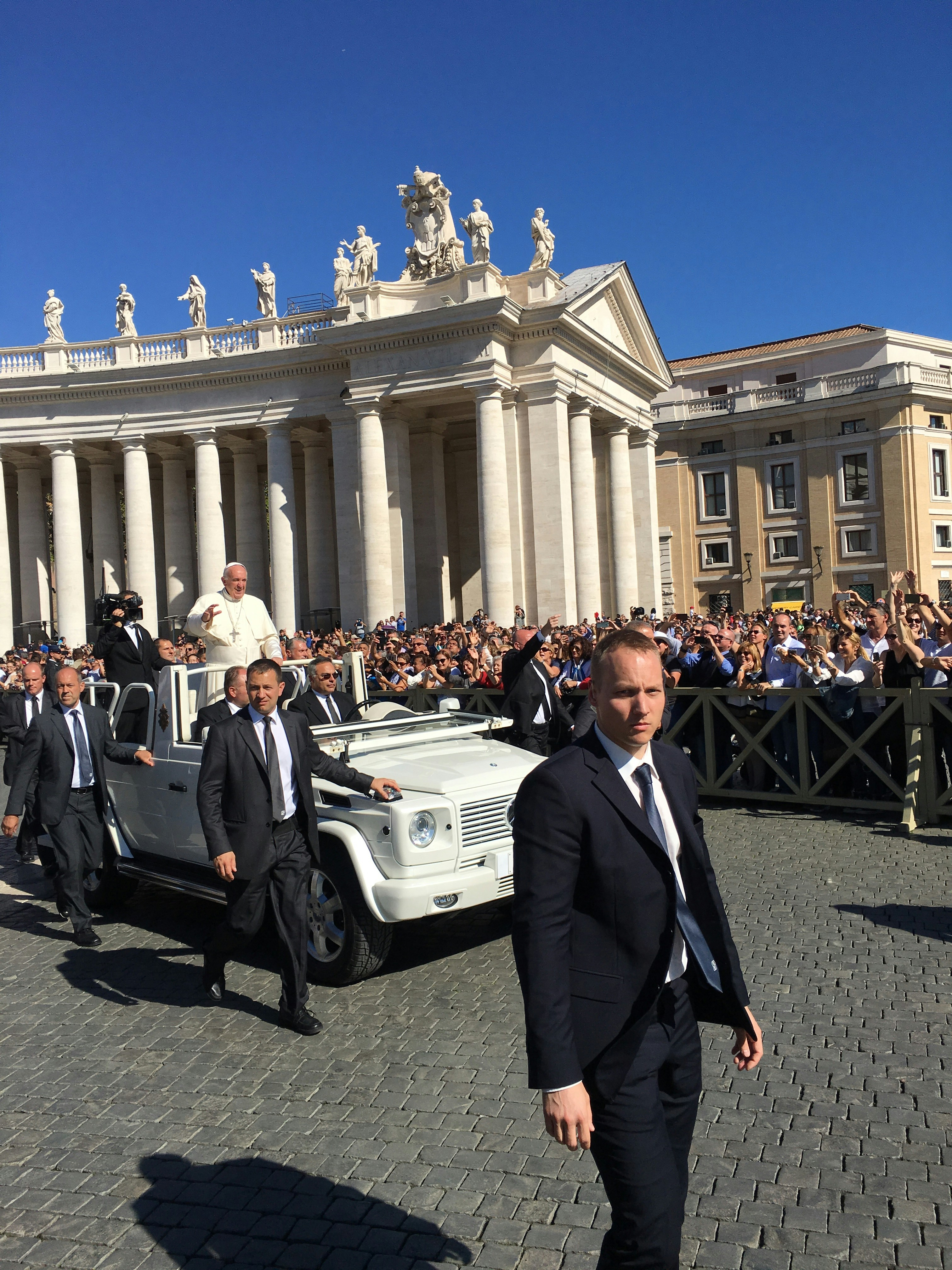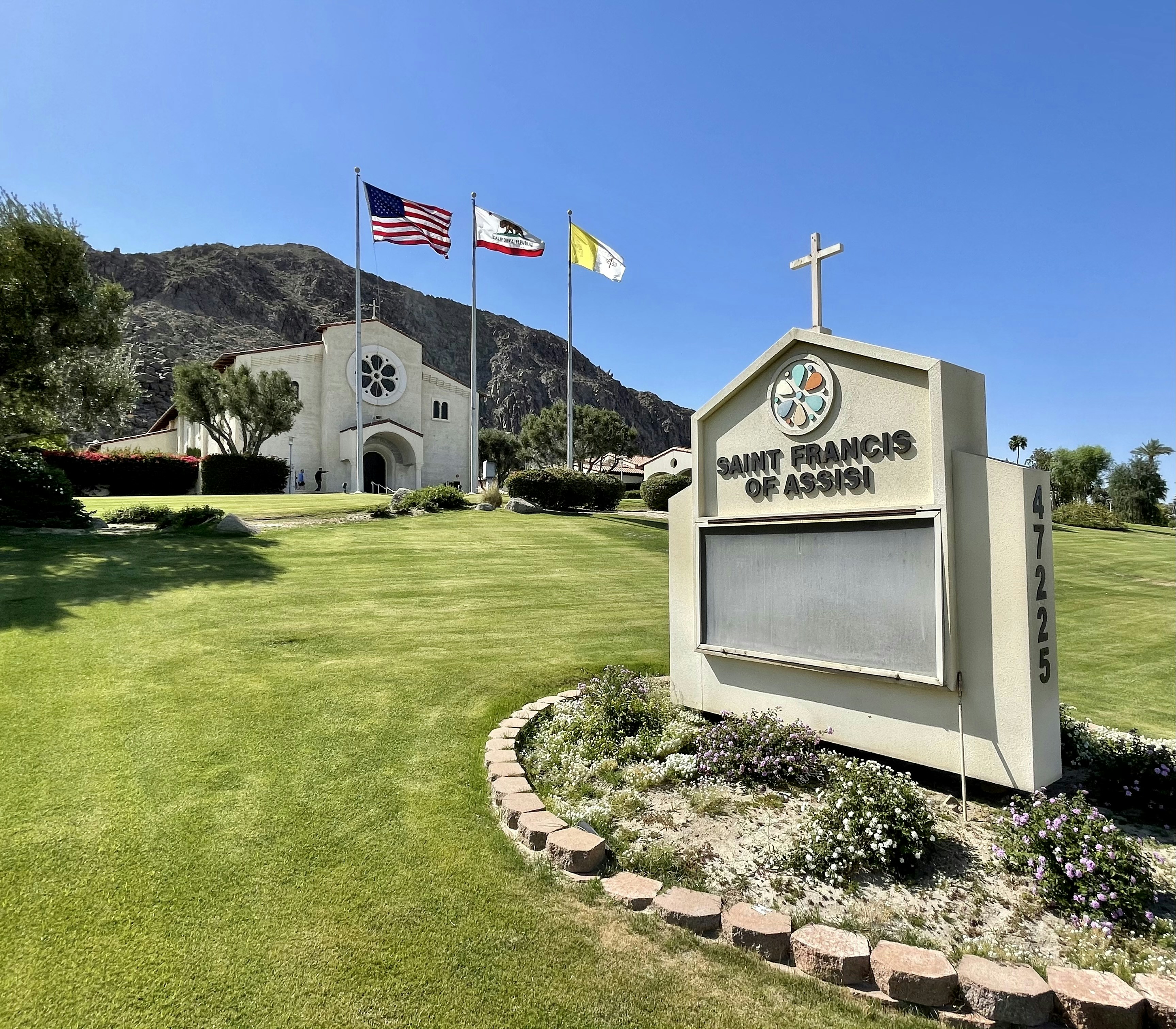Early Life and Rise to Papacy
Pope Francis, born Jorge Mario Bergoglio on December 17, 1936, in Buenos Aires, Argentina, emerged from a modest background that deeply influenced his values and moral compass. He was the eldest of five children in a family of Italian immigrants. His father’s work as a railway worker instilled a sense of humility and the importance of labor, while his mother nurtured a deep spiritual environment at home. These formative years laid the groundwork for his compassionate worldview and commitment to social justice.
His educational path began at the age of 16 when Jorge Bergoglio entered the Society of Jesus, commonly known as the Jesuits. This decision marked the beginning of a profound spiritual journey characterized by rigorous academic training and a deep reflection on the principles of faith. He pursued philosophy and theology, earning a degree from the Colegio Máximo de San José in San Miguel. His Jesuit formation emphasized social justice, humility, and outreach to marginalized communities, which played a crucial role in shaping his future papal leadership.
After being ordained as a priest in 1969, Bergoglio devoted himself to teaching theology and participating in pastoral work. His experiences in Argentina during a politically tumultuous era deepened his understanding of the struggles faced by the poor and formed his dedication to social justice issues. His commitment was visible during his tenure as the provincial of the Jesuits in Argentina from 1973 to 1979, where he advocated for the values of solidarity and service to others. Following his elevation to bishop and later archbishop of Buenos Aires, he became known for his humble lifestyle and emphasis on pastoral care.
The transformative experiences and influences in his early life and ministry ultimately led to his election as Pope Francis in March 2013, making history as the first pope from the Americas. His papacy continues to reflect the foundational values of compassion, humility, and a dedication to addressing the pressing social issues of our time.
Papal Leadership and Major Contributions
Pope Francis, who has embraced his role as the leader of the Roman Catholic Church since his election in March 2013, has carved a distinctive niche characterized by an emphasis on mercy, compassion, and humility. His papacy symbolizes a notable shift within the Church, moving towards a more inclusive and socially conscious approach. One of the foundational elements of his leadership style is his unwavering commitment to the marginalized, as he advocates for the rights of the poor and underserved populations across the globe.
A hallmark of Pope Francis’ tenure is his dedication to reforming the Catholic Church. This commitment is particularly evident in his efforts to address clerical abuse scandals, emphasizing transparency and accountability as essential elements for healing and trust restoration within the Church. Additionally, he has called for greater decentralization, encouraging local bishops to take on more significant roles in their dioceses, thus fostering a more communal decision-making process.
Pope Francis has also become a prominent voice on pressing global issues, such as climate change and poverty. Through his encyclical “Laudato Si’,” he urges humanity to safeguard the environment and demonstrates how ecological degradation adversely impacts the poor. His advocacy extends beyond the Church, engaging international leaders in a broader dialogue about sustainable development and climate action.
Moreover, interfaith dialogue has been a priority for Pope Francis, reflecting his belief that collaboration among religions is crucial in addressing global challenges. His meetings with leaders from various faith traditions underscore his commitment to promoting peace and understanding in a world often marked by division.
In essence, Pope Francis’ papacy is defined by a series of transformative initiatives and teachings that seek to renew the Church’s relevance in contemporary society. His focus on mercy, reform, and interfaith dialogue highlights the pivotal role of leadership in advancing compassion and understanding while addressing the pressing issues of our time.
Legacy and Impact on the Catholic Church
The legacy of Pope Francis is characterized by his commitment to empathy and compassion, which has substantially influenced the Catholic Church and its standing in the broader world. Since his election in 2013, Pope Francis has consistently emphasized the importance of social justice, humility, and the necessity of engaging with contemporary issues. His approach to church doctrine has been marked by a willingness to adapt traditional teachings to address modern realities, allowing for a more inclusive interpretation of Catholicism that resonates with a diverse global audience.
Under his leadership, the Catholic Church has taken bold strides in addressing pressing social concerns, such as poverty, migration, and environmental degradation. His encyclical, “Laudato Si’,” for instance, not only deepens the Church’s stance on climate change but also calls upon all humanity to foster a more sustainable relationship with the planet. This encyclical epitomizes his desire to connect faith with urgent global issues, encouraging both followers and critics to engage in meaningful discussion and action.
Pope Francis has also sought to improve the Church’s relations with other faith traditions, promoting interfaith dialogue and understanding. By emphasizing common values, such as peace and mutual respect, he has encouraged collaboration among different religious communities, highlighting the universal principles of love and service that underpin both Catholicism and other faiths.
The impact of Pope Francis on the Catholic Church cannot be overstated. His adept handling of controversies ranging from clerical abuses to pastoral care for LGBTQ+ individuals has sparked vital conversations, prompting a reevaluation of entrenched views within the Church. Critics argue that his progressive stances may alienate conservative elements; however, his leadership has undeniably inspired a renewed energy among many followers eager for a Church that is responsive to the challenges of modernity while remaining rooted in its core mission.
Global Reactions and Tributes
The passing of Pope Francis at 88 has elicited an outpouring of tributes and condolences from leaders, interfaith figures, and dedicated followers across the globe. Renowned for his compassionate approach and unwavering commitment to humanitarian issues, Pope Francis left an indelible mark on global society that transcends religious boundaries. Leaders from various nations reflected on his profound influence, celebrating his unwavering dedication to peace, unity, and social justice. For instance, President Joe Biden remarked on how the Pope’s messages of hope and love resonated with millions, emphasizing the importance of his advocacy for the marginalized and voiceless.
Interfaith leaders also joined in honoring the late Pope, expressing admiration for his efforts to foster dialogue and cooperation among different religions. Faith figures such as the Dalai Lama and Archbishop Desmond Tutu shared heartfelt messages, highlighting Pope Francis’s role in promoting mutual understanding and compassion in an increasingly divided world. Their statements serve as a testament to his legacy, illustrating how his work extended beyond Catholicism, touching the hearts of individuals from diverse spiritual backgrounds.
Moreover, many religious institutions organized memorial services to pay tribute to Pope Francis’s exceptional life and contributions. Thousands gathered in prayer vigils, underscoring the bond he cultivated within the global community. Major cities around the world lit landmarks in white and gold, the Vatican’s colors, as a symbol of remembrance. These actions reflect a collective mourning and celebration of a leader whose vision aimed for a more inclusive and harmonious world. The global response to his passing reaffirms that Pope Francis’s legacy will remain alive in the hearts of millions and inspire future generations to embrace love and compassion in their lives.





